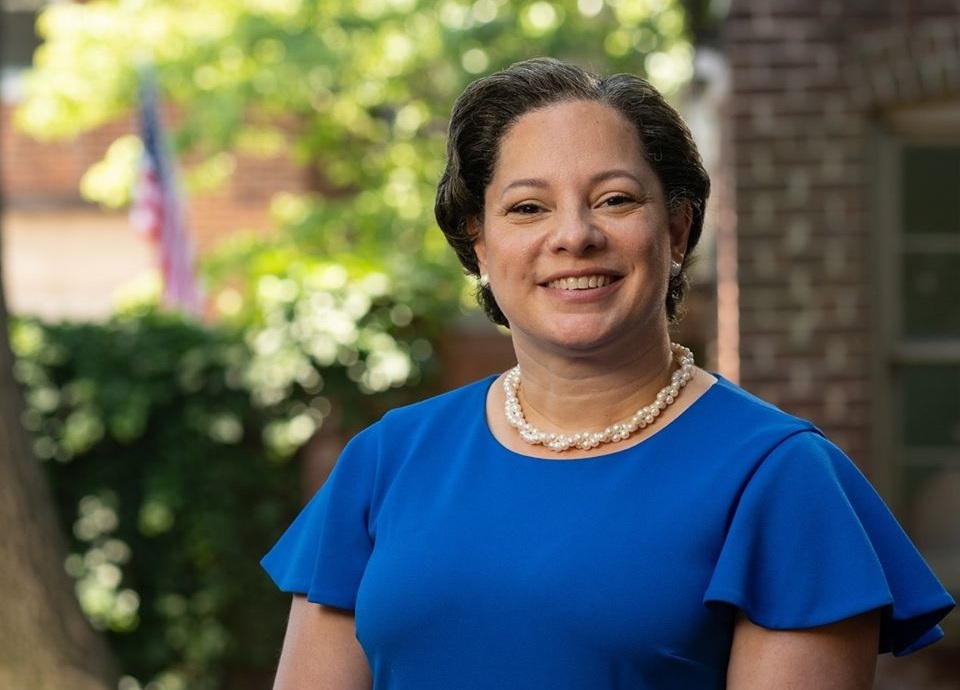An anonymous protester tells the story of how they got arrested at Marcus-David Peters Circle, and reveals the essentially random and arbitrary nature of police enforcement throughout Richmond's summer of protest. It never hurts to show up with a case of beer, so I...




